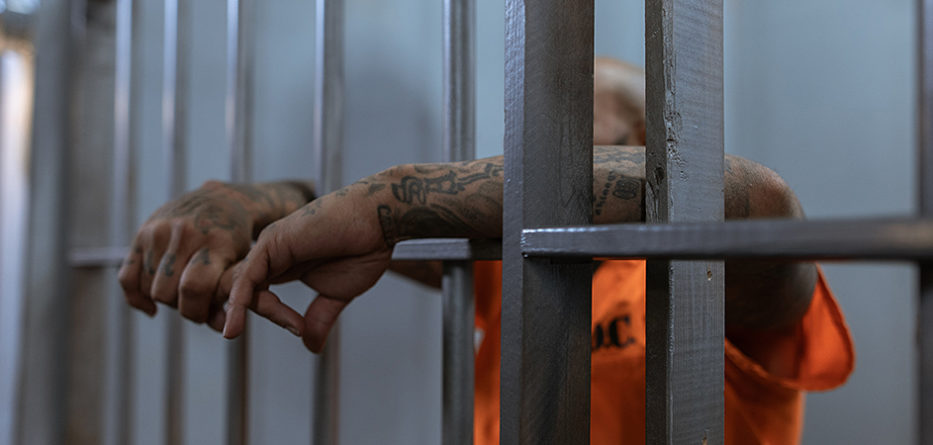Pope Francis’ Prayer intention for September: Abolition of the Death Penalty – We pray that the death penalty, which attacks the dignity of the human person, may be legally abolished in every country.
In Australia, we are fortunate that the death penalty has been abolished in every Australian State. Nor is there any political drive to restore it. The consensus in favour of rational and humane criminal penalties, however, is always fragile. It takes only a few horrific crimes and sensationalist media campaigns to change public opinion. For that reason, it is helpful to reflect on why it is a blessing for our nation to be free from the death penalty and what underlies our opposition to it.
The right place to begin thinking about Capital Punishment is not arguments but people. We keep in mind the people who are affected by the crimes for which people are sentenced to death, the people who are sentenced and their families and friends, and the citizens in whose name the death penalty is carried out. We might imagine ourselves on the day of the execution waiting for it to happen, perhaps many years after the crime took place. When young Australians were killed for drug smuggling in South East Asia, most people were shocked and saddened. They saw the execution as a loss.
If we tease out why that is so we can see that killing, whether legalised or not, imposes an arbitrary end to a person’s life whereas we instinctively think there should be new possibility. In the Christian vision, human life is always open-ended, always looking to the future with hope. Our lives are always open to grace that might change the course of our own lives and that of others. To deny those possibilities and to snuff out a path to future change and to being touched by grace sees our lives as closed and controlled by the past.
This is another way of saying that all human beings are precious and have a dignity that does not depend on our position in society, our race, our wealth or our good behaviour. No matter how brutal and mean are our actions, we still have a value that forbids others to use our lives as means for other goals, such as saving money on gaols, or as a payment made to satisfy the understandable anger of people affected by what we have done, or as a terrifying display to deter other people from acting in the same way. Jesus’ dehumanising execution was designed as an example aimed at deterring others from acting rebelliously. It shows us how inhuman it is to treat human life as expendable. Jesus’ promise to the good thief on the cross also shows how every human being can turn their life around. When both criminals and the people whose lives have been devastated are still alive, too, the possibility of repentance, forgiveness and reconciliation, the highest of human qualities, remains open. Capital punishment destroys possibility.
The news of executions also saddens us because it diminishes our society. It betrays a loss of faith in human life and the despairing view that human lives are expendable and that the natural and best response to criminal behaviour is to avenge it by inflicting cause equal pain on the perpetrator. At Jesuit Social Services, we are particularly opposed to capital punishment because it represents a purely punitive response to the people whom we accompany. It despairs that our response to crime can ever focus on rehabilitating offenders and on enabling them to take responsibility for what they have done, but must be about despair, revenge, punishment and hopelessness. It is a world like a cell with no vision of the heavens above. We should never be content to live in such a world.
Fr Andrew Hamilton SJ writes for Jesuit Communications and Jesuit Social Services.








